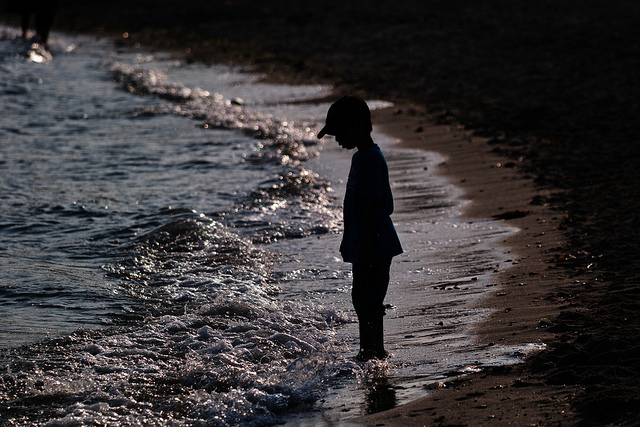Nearly 230 Million Children Do Not Officially Exist
 According to the UNICEF report Every Child’s Birth Right: Inequities and Trends in Birth Registration, nearly 230 million of the world’s children under the age of five have no official birth records. Nearly 60% of these children live in Asia while nearly 40% live in sub-Saharan Africa. Registration levels are particularly low in developing countries experiencing armed conflicts.
According to the UNICEF report Every Child’s Birth Right: Inequities and Trends in Birth Registration, nearly 230 million of the world’s children under the age of five have no official birth records. Nearly 60% of these children live in Asia while nearly 40% live in sub-Saharan Africa. Registration levels are particularly low in developing countries experiencing armed conflicts.
Although hundreds of millions of children remain unregistered, birth registration has improved since 2000 with the global average rising from 58% to 65% by 2010. These numbers are encouraging but still leave an enormous portion of the world’s children without basic rights and protections. Registration remains particularly low in children from marginalized and impoverished families living in developing countries.
According to the UN Convention on the Rights of the Child, birth records are considered to be a fundamental right of all children worldwide. The Convention stated that “the child shall be registered immediately after birth and shall have the right from birth to a name, the right to acquire a nationality.”
Geeta Rao Gupta, UNICEF Deputy Executive Director, declared “birth registration is more than just a right. It’s how societies first recognize and acknowledge a child’s identity and existence…guaranteeing that children are not forgotten, denied their rights or hidden from the progress of their nations.”
Each country has its own legal requirements for recording child births in the civil registry.These records recognize a child’s existence and provide basic protections. Without proper registration, children cannot obtain a birth certificate and will potentially be denied both access to healthcare and schooling, and eligibility for social protections like educational grants and other forms of assistance. Later in life these children will have further difficulties, including an inability to obtain a passport, vote, access social services, procure a job or inherit property.
Without legal recognition, these children can also find themselves without basic protections. Without official records, children have no proof of their age and are much more vulnerable to becoming victims of abuses including: child marriage, child labor, forced conscription into armed services, human trafficking, and sexual exploitation.
“All children are born with enormous potential. But if societies fail to count them, and don’t even recognize that they are there, they are more vulnerable to neglect and abuse. Inevitably, their potential will be severely diminished” explained Geeta Rao Gupta.
There are many reasons why so many of the world’s children remain unregistered. Many parents are unaware of the importance of birth registration and of what a lack of registration will mean for their child now and in the future. Additionally, many countries charge fees for registration that make it prohibitively expensive for impoverished families to secure proper documentation. Cultural and social barriers also keep many families from registering their children. Homelessness, migrant status, disabilities, and belonging to a minority ethnic group are some of the barriers that keep marginalized children from gaining access to their fundamental right of birth registration.
Creative Commons Love: Steve Grosbois on Flickr.com
Written by Amanda Lubit









